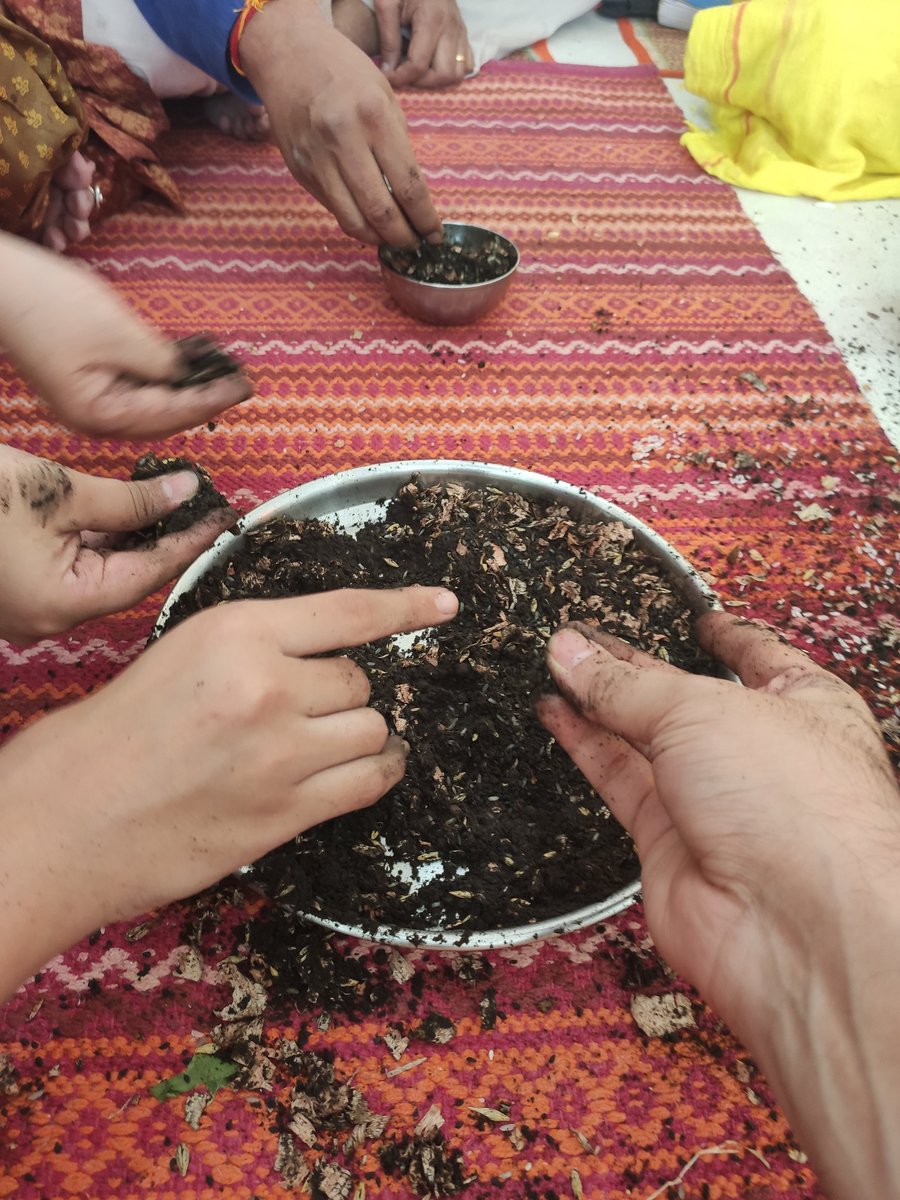
‘काशी’ नाम का अर्थ
Meaning of the name ‘Kashi’
[Hindi video]
YouTube link:
1/4
Meaning of the name ‘Kashi’
[Hindi video]
YouTube link:
1/4
2/4
3/4
4/4
• • •
Missing some Tweet in this thread? You can try to
force a refresh















